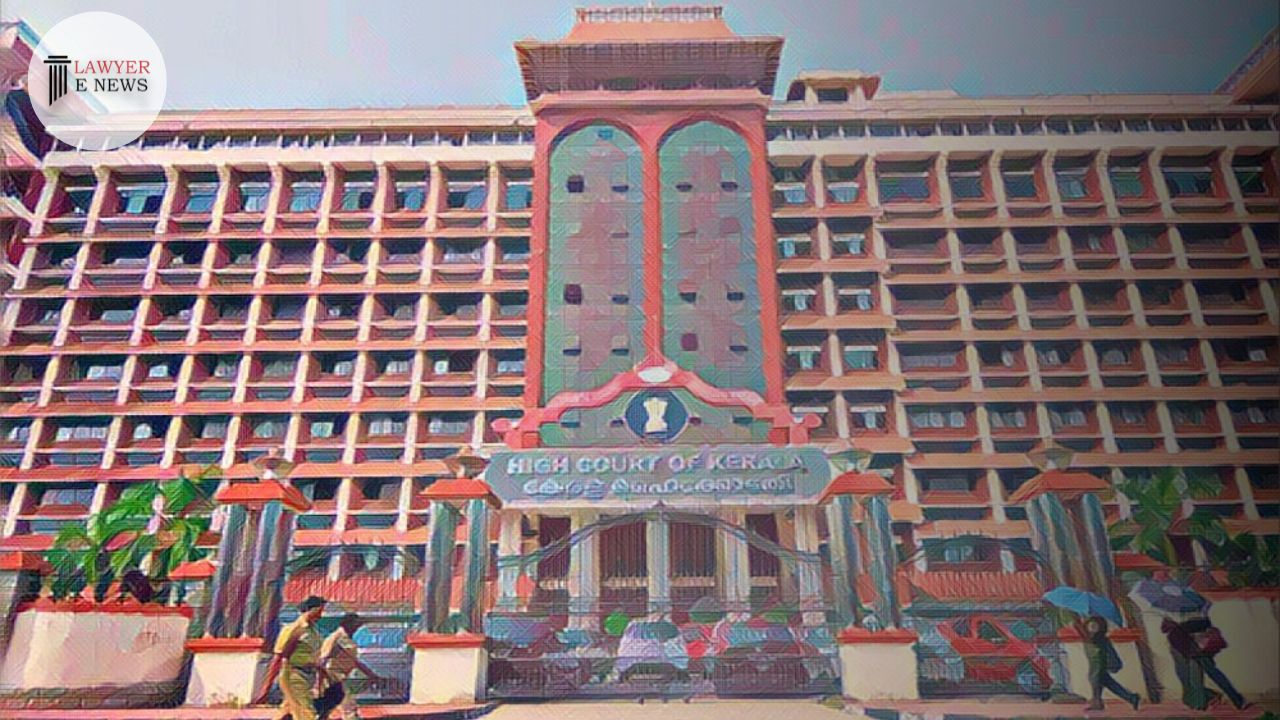-
by Admin
16 February 2026 4:21 AM



The Kerala High Court has confirmed Anilkumar's conviction for the murder of his brother, Sunil Kumar, under IPC Sections 302 and 201, emphasizing the mother's testimony as pivotal. The conviction under Section 449 for criminal trespass was set aside.
The judgment centered on the nuances of Sections 302 (murder) and 201 (causing disappearance of evidence) of the IPC in a fratricide context, while also addressing the inapplicability of Section 449 (criminal trespass).
The case involved a lethal dispute between brothers over a rope, leading to Anilkumar stabbing Sunil Kumar. The court grappled with issues around eyewitness credibility and the specific IPC sections relevant to murder, evidence tampering, and criminal trespass.
The High Court's assessment leaned heavily on the testimony of family members, particularly the mother (PW5), whose account was deemed both natural and credible. The dying declaration of the victim was a crucial element, found admissible under the Evidence Act.
Medical and forensic evidence played a corroborative role, aligning with the eyewitnesses' narrative and establishing the fatal nature of the chest injury inflicted. Despite recognizing a motive rooted in a trivial dispute, the court noted the absence of premeditation in the crime.
The court carefully distinguished between culpable homicide and murder, ultimately categorizing the act under "murder" as defined in Section 300 thirdly of the IPC, due to the intentional infliction of a fatal injury.
On the charge under Section 201 of IPC, evidence supported the finding that Anilkumar attempted to erase evidence by cleaning the murder weapon. However, the court acquitted him of the criminal trespass charge under Section 449, as the crime scene was a shared familial space, thus negating unlawful entry.
Decision: The court upheld Anilkumar's conviction for murder and evidence tampering but acquitted him of criminal trespass. The appeal was partially allowed.
Date of Decision: 15th March 2024
Anilkumar vs. State of Kerala
